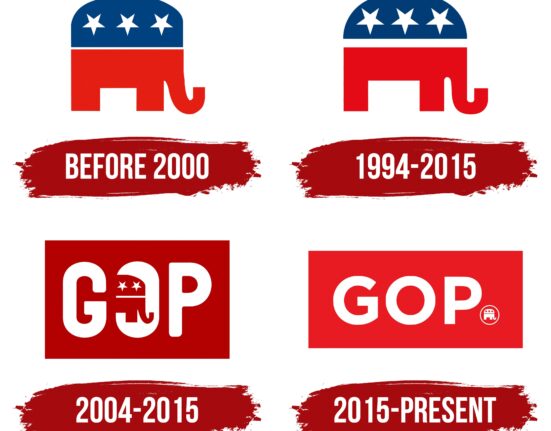Results from the Oregon Health Insurance Experiment (OHIE) are sparking debate and misunderstanding. The study, led by Professor Amy Finkelstein of MIT, delved into the impact of providing Medicaid to low-income uninsured adults for one to two years.
Challenging Interpretations
Finkelstein expresses frustration over the misinterpretation of “null results,” where no statistically significant impacts of Medicaid coverage on mortality or physical health measures were found. She emphasizes that a lack of evidence does not equate to evidence of no effect.
The Value in Null Results
Null results play a crucial role in shaping our understanding and prompting innovation. While some outcomes like hypertension showed informative null results, indicating smaller effects than previously thought, others such as uncontrolled diabetes rates and mortality remained inconclusive due to sample size limitations.
Interpreting Plausible Values
Understanding the range of plausible values around research findings is essential. In cases where the confidence interval includes zero, it becomes challenging to rule out no effect entirely. This uncertainty underscores the complexity of evaluating Medicaid’s true impact on health outcomes.
Beyond Statistically Significant Findings
The nuanced nature of research results calls for a deeper analysis beyond simplistic summaries. Finkelstein stresses the importance of considering both the magnitude of estimated effects and the level of uncertainty surrounding them when assessing Medicaid’s influence on public health.
Implications for Policy Debates
While randomized evaluations like OHIE offer valuable insights, they require careful interpretation in policy discussions. Researchers and policymakers must responsibly utilize evidence, including null results, to make informed decisions affecting millions who rely on programs like Medicaid.
In conclusion, unraveling the complexities surrounding Medicaid cuts demands a thorough grasp of research nuances and an appreciation for the broader implications on public health policies.









Leave feedback about this